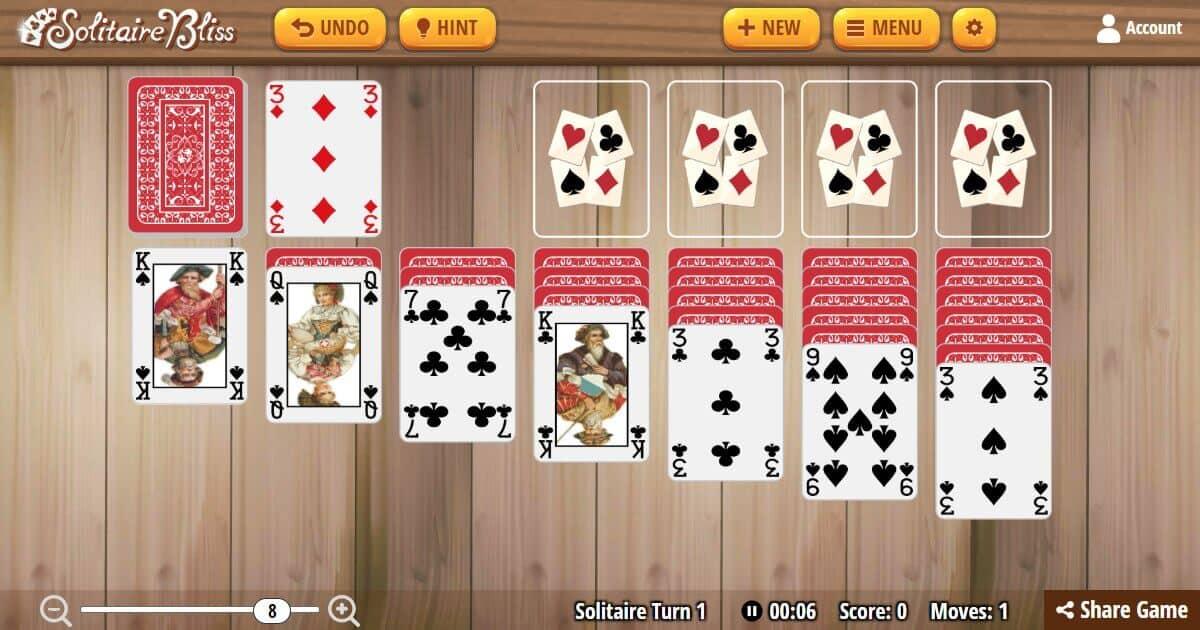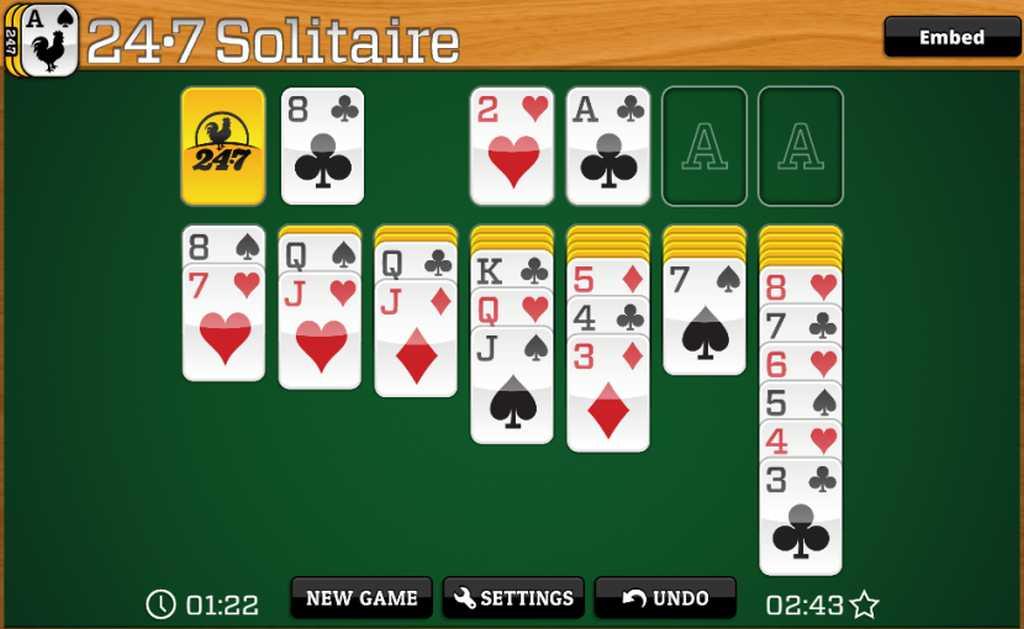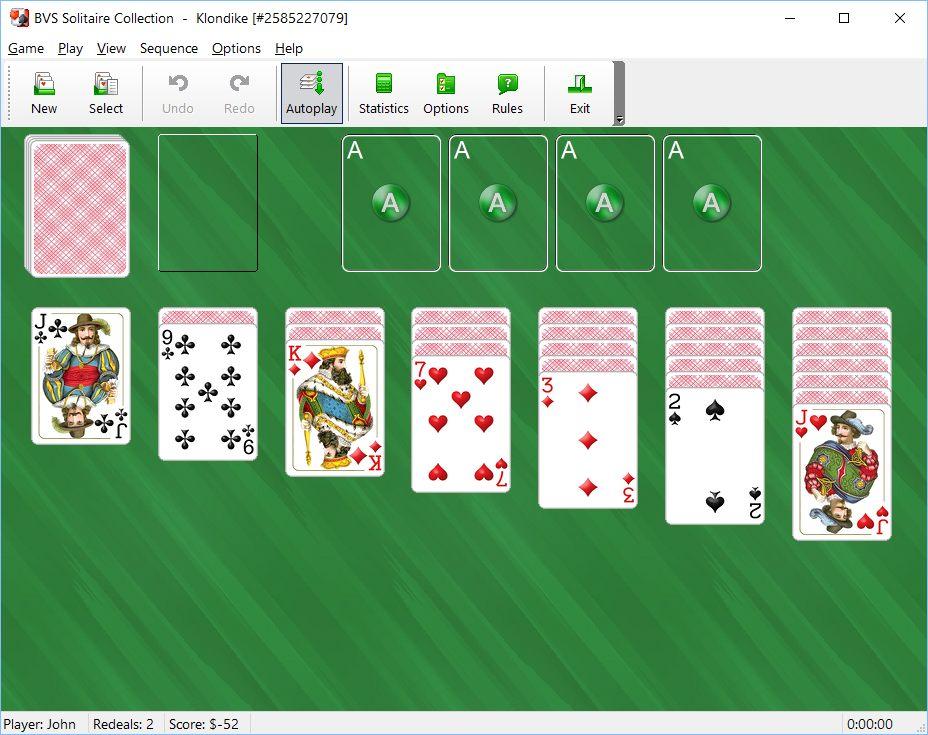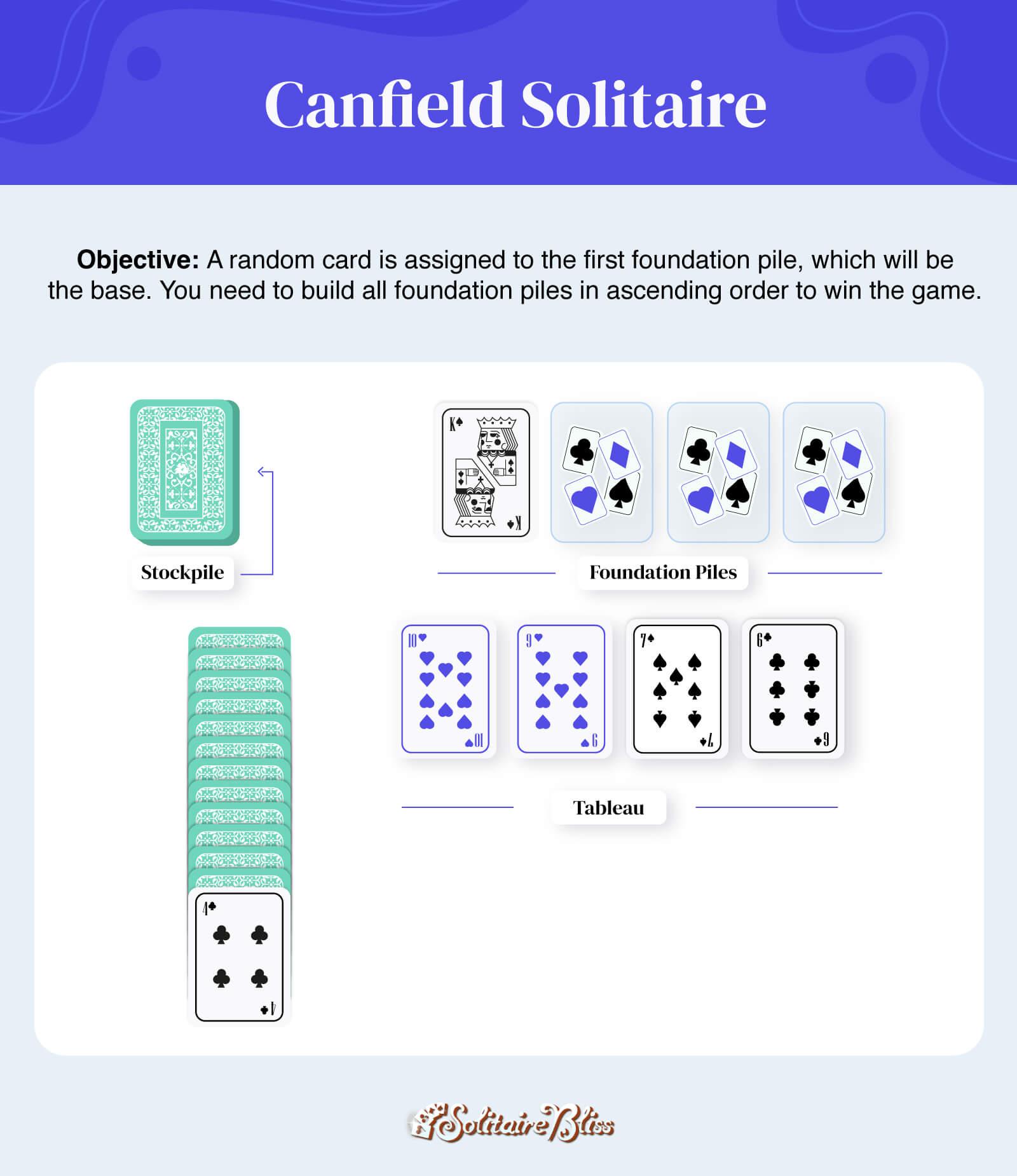how to start solitaire

Unlocking the Secrets of Solitaire: A Beginner’s Guide
In a world teeming with distractions, there lies a timeless sanctuary of focus and strategy—Solitaire. This classic card game, known for its elegant simplicity and challenging intricacies, offers a pathway to unwind and stimulate the mind in equal measure. Whether you’re seeking a solitary escape from the hustle of daily life or a new puzzle to conquer, the journey into the realm of Solitaire awaits. In this article, we’ll demystify the process of starting your very own game, equipping you with everything you need to know—from the essential setup to the strategic maneuvers that will turn a pile of cards into a satisfying victory. So, shuffle your deck, clear your mind, and let’s embark on the rewarding adventure that is Solitaire!
Understanding the Basics of Solitaire Gameplay
Solitaire is not just a game; it’s a delightful experience that combines strategy, patience, and a bit of luck. To get started, it’s essential to understand the basic setup and rules. The game typically begins with seven piles of cards arranged in a staggered manner. This is called the tableau. The first pile contains one card, the second pile two cards, and so on, up to the seventh pile with seven cards. The top card of each pile is flipped face-up, creating the foundation for your moves. Make sure you have a stockpile of cards at the top left for drawing and a foundation area for building your suit stacks.
As you play, your goal is to move all cards to the foundation in ascending order, organized by suit. Here are some key points to keep in mind:
- Building the tableau: You can move cards from the tableau based on descending order and alternating colors.
- Using the stockpile: Draw cards from the stock whenever you can’t make a move.
- Empty spaces: If you free a tableau space, you can only fill it with a King or a sequence starting with a King.
Additionally, organizing your playing strategy is crucial for success. Below is a simple overview of moves you can make within the game:
| Move Type | Description |
|---|---|
| Move Card | Transfer a card from one tableau pile to another. |
| Draw from Stock | Take the next card from the stock for additional options. |
| Create Foundation | Move cards to their respective suit foundation. |

Essential Tools and Setup for an Engaging Experience
To create an immersive solitaire experience, it’s essential to have the right tools and a comfortable setup. A well-designed playing surface can enhance focus, so consider using a dedicated table or desk with ample space. Here are some key elements to consider:
- Quality Deck of Cards: Invest in a smooth, durable deck that feels good in your hands.
- Playing Mat or Board: Use a mat specifically designed for card games, as it can provide a better grip and prevent cards from sliding around.
- Good Lighting: Ensure your playing area is well-lit to minimize strain on your eyes.
- Seating: Choose a comfortable chair that supports your back during extended play sessions.
A digital solitaire experience can also be captivating. Many apps and websites offer beautifully designed interfaces and interactive elements. When opting for an online platform, consider these features:
| Feature | Benefit |
|---|---|
| Customizable Themes | Enhances personal enjoyment and engagement. |
| Various Game Modes | Provides different levels of challenge to keep things interesting. |
| Statistics Tracking | Allows players to monitor their performance and improvement. |

Mastering Key Strategies to Improve Your Winning Odds
To enhance your skills and increase your chances of winning at solitaire, understanding the game’s core mechanics is crucial. By familiarizing yourself with the rules and layout, you’ll be better equipped to develop effective strategies. Start by practicing basic moves, such as how to stack cards and make optimal use of the tableau. Here are some strategies to keep in mind:
- Prioritize uncovering face-down cards: Focus on flipping these cards first to gain more options.
- Manage your foundation wisely: Build up your foundation stacks in a strategic manner to enable greater flexibility.
- Consider all your options: Before making a move, evaluate all possible choices to avoid premature decisions.
Additionally, keeping a few specific strategies in mind can significantly impact your performance over time. Utilize the following tips to refine your approach:
| Strategy | Key Focus |
|---|---|
| Card Movement | Ensure movement minimizes waste and opens up the game |
| Stock Pile Utilization | Draw from stock to reveal new cards when necessary |
| Plan Ahead | Think multiple steps in advance to avoid dead ends |

Exploring Variations of Solitaire for Endless Enjoyment
As you delve into the world of solitaire, you’ll find that the classic game offers a plethora of variations that can easily captivate players for hours. Spider Solitaire, for instance, presents a more challenging twist with its use of two decks and the objective to create complete suits in descending order. FreeCell emphasizes strategy, with every card visible from the start, allowing players to think several moves ahead. Other exciting alternatives include Forty and Eight, which enhances the standard format with unique rules and card manipulations, and Golf Solitaire, where the aim is to clear the tableau of cards in the most strategic manner.
To keep your gameplay fresh and engaging, you might want to explore some unique solitaire formats available online or through apps. These platforms often introduce exciting challenges and themed designs that can make your solitaire experience even more enjoyable. Here are some notable variations to try:
- Tri-Peaks Solitaire: A fun twist where players choose cards from three peaks.
- Yukon Solitaire: Similar to Klondike but with a twist on stacking cards.
- Pyramid Solitaire: A game where the objective is to pair cards that add up to 13.
For those who love community and competition, participating in solitaire tournaments or online leaderboards can add an exciting social element. Many platforms allow you to connect with other players, compare high scores, and share strategies. Here’s a comparison table to help you choose the right variation based on your preferences:
| Variation | Difficulty Level | Recommended For |
|---|---|---|
| Spider Solitaire | High | Experienced Players |
| FreeCell | Medium | Strategic Thinkers |
| Pyramid Solitaire | Low | Casual Players |
Concluding Remarks
As we close the curtains on our journey into the world of Solitaire, it’s clear that this classic card game is more than just a pastime; it’s a bridge to patience, strategy, and even a bit of nostalgia. Whether you’re shuffling a deck of cards on a rainy afternoon or tapping away on a digital screen during your lunch break, Solitaire invites players of all ages to engage their minds and unwind in a uniquely satisfying manner.
Remember, the beauty of the game lies not only in its challenges but also in the moments of reflection and connection it can inspire. So as you lay down your cards and contemplate your next move, embrace the process. Each shuffle and deal is a new opportunity to hone your skills, develop your tactics, and perhaps even forge a deeper understanding of yourself.
Now, armed with the knowledge of how to start and enjoy Solitaire, grab your cards, find a comfortable spot, and let the game guide you into its enchanting realm of order and chaos. Happy playing!

Leave a Reply